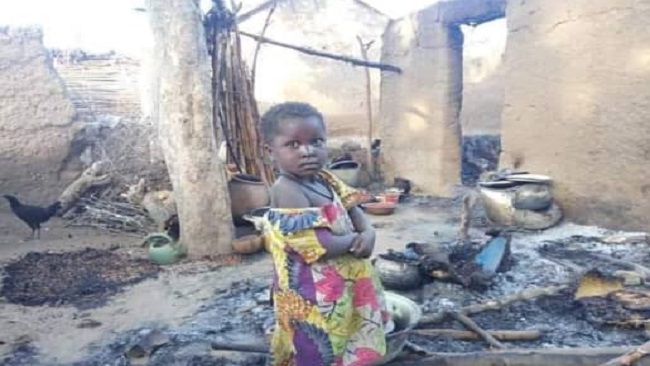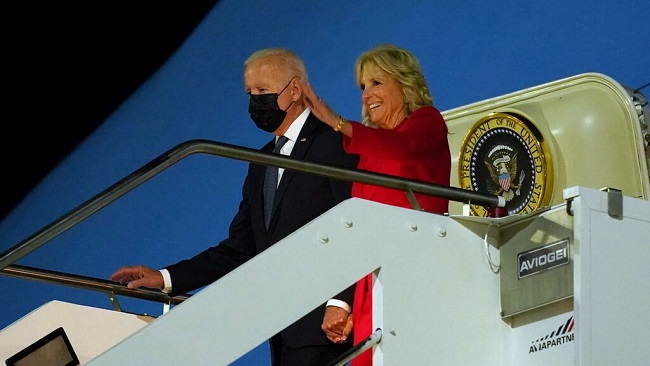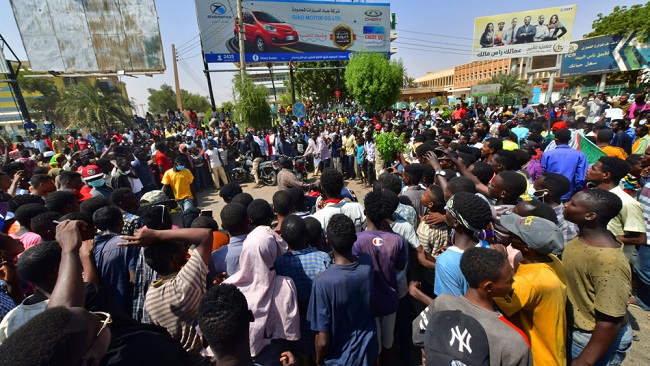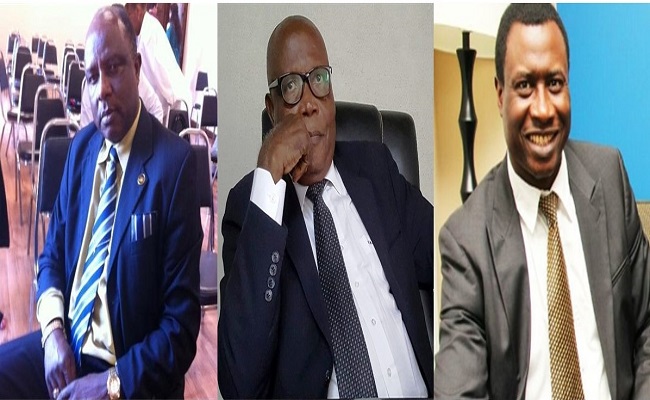10, November 2021
Biden to host Canada, Mexico leaders at White House Nov 18 0
President Joe Biden will meet at the White House next week with the leaders of Canada and Mexico, his office said Wednesday, as the US administration seeks to shore up alliances that came under strain under Donald Trump.
At the November 18 meeting, Biden, Prime Minister Justin Trudeau and President Andres Manuel Lopez Obrador will discuss efforts to fight the pandemic, as well as climate change and immigration, the White House said.
Biden is relaunching a gathering known as the North American Leaders’ Summit, the last of which was held in 2016 before being abandoned by Trump.
“During the summit, the United States, Mexico, and Canada will reaffirm their strong ties and integration while also charting a new path for collaboration,” the statement said.
It said the talks will also address “a regional vision for migration,” a touchy issue for the US and Mexico, which regularly sees thousands of mainly Central American migrants arrive at its southern border hoping to reach the United States as they flee poverty and violence at home.
“With respect for each other’s sovereignty and in a true spirit of partnership, we affirm our unwavering vision that North America is the most competitive and dynamic region in the world,” the White House said.
In addition to the three-way talks, Biden will also participate in bilateral meetings with Trudeau and Lopez Obrador.
The US statement noted that Biden held his first foreign bilateral meetings as president with the leaders of Canada and Mexico.
“Since day one of the Biden-Harris administration, the United States has reaffirmed the importance of our regional partnerships to realize a more equal, prosperous, greener, democratic future for all our hemisphere’s citizens,” said Biden’s senior director for western hemisphere affairs, Juan Gonzalez.
The change of tone from the Trump era is stark.
Trump renegotiated a major North American trade deal with the two US neighbors but he also triggered conflicts with them.
His project to build a wall along the southern US border weighed on ties with Mexico.
He also had tense relations with Trudeau, calling him “dishonest” and “weak” at the height of a spat over US tariffs on steel and aluminum imports from Canada, the European Union and Mexico.
Source: AFP


























18, November 2021
Etoudi: Most French Cameroonians have doubt about Biya’s health and mental fitness 0
Most French speaking Cameroonians are now feeling uncertain on the bill of health and mental fitness of the 88-year-old President Biya.
A recent video of the dictator presently circulating on social media showed a very weak Biya and has prompted many politically docile French speaking Cameroonians to disagree with the statement that Biya is in good health.
“Biya is no more physically and mentally fit for office” a French Cameroun political commentator said last week.
The Beti Ewondo regime’s overall approval rating is now at its greatest low with civil administrators blaming the war in Southern Cameroons on Anglophone teachers.
A majority of French Cameroun ruling clans and tribes now disapprove of Biya and his CPDM party’s performance and many are saying that Biya should go and go now.
Biya and his men are also facing harsh criticism from every segment of the society including the Roman Catholic Church.
The Francophone dictator is also under pressure for corruption in the military, the senseless war in Southern Cameroons, the disturbing security situation in the East and the reemergence of Boko Haram in the Far North including the poor handling of Covid-19 funds.
By Chi Prudence Asong